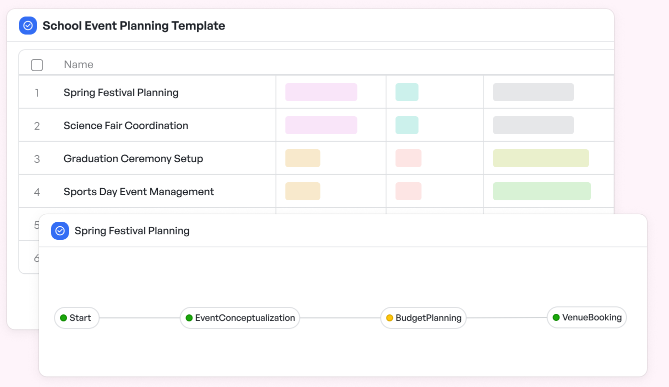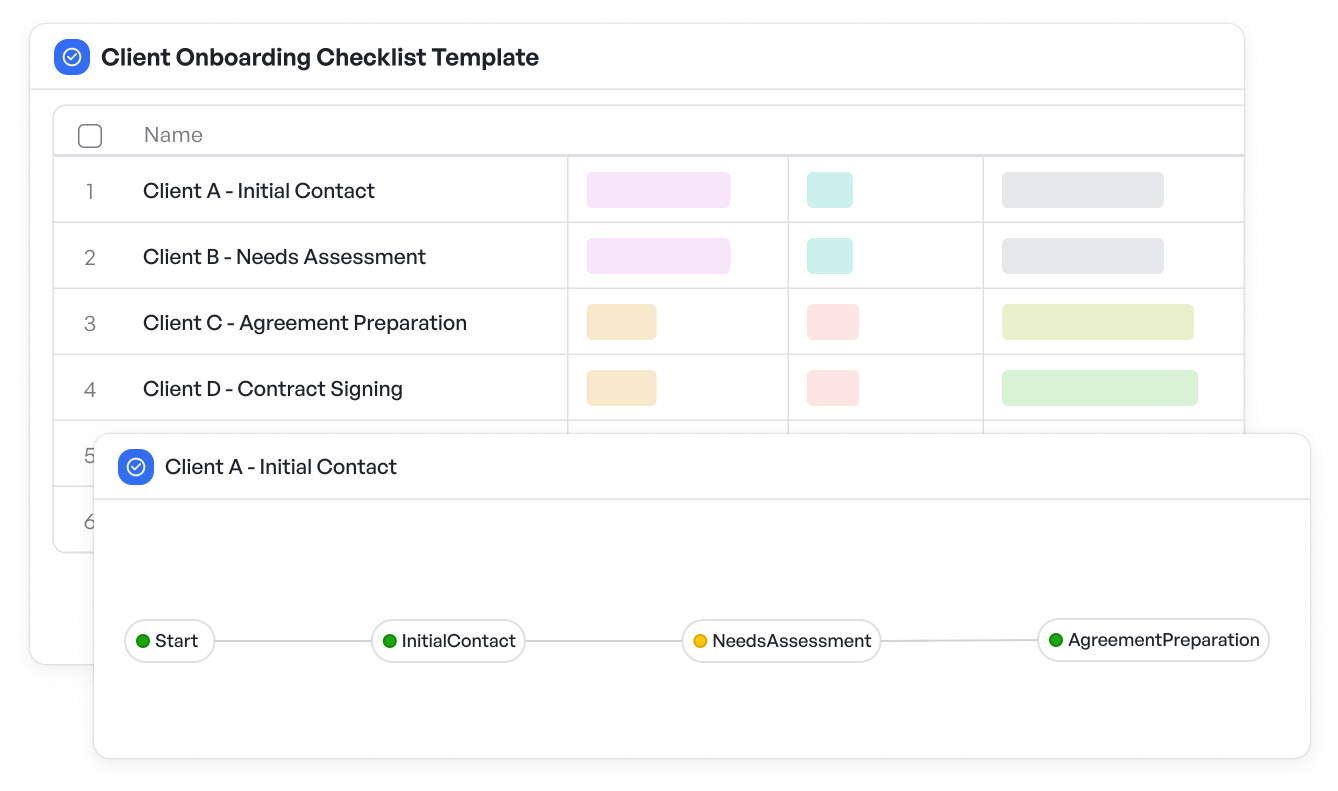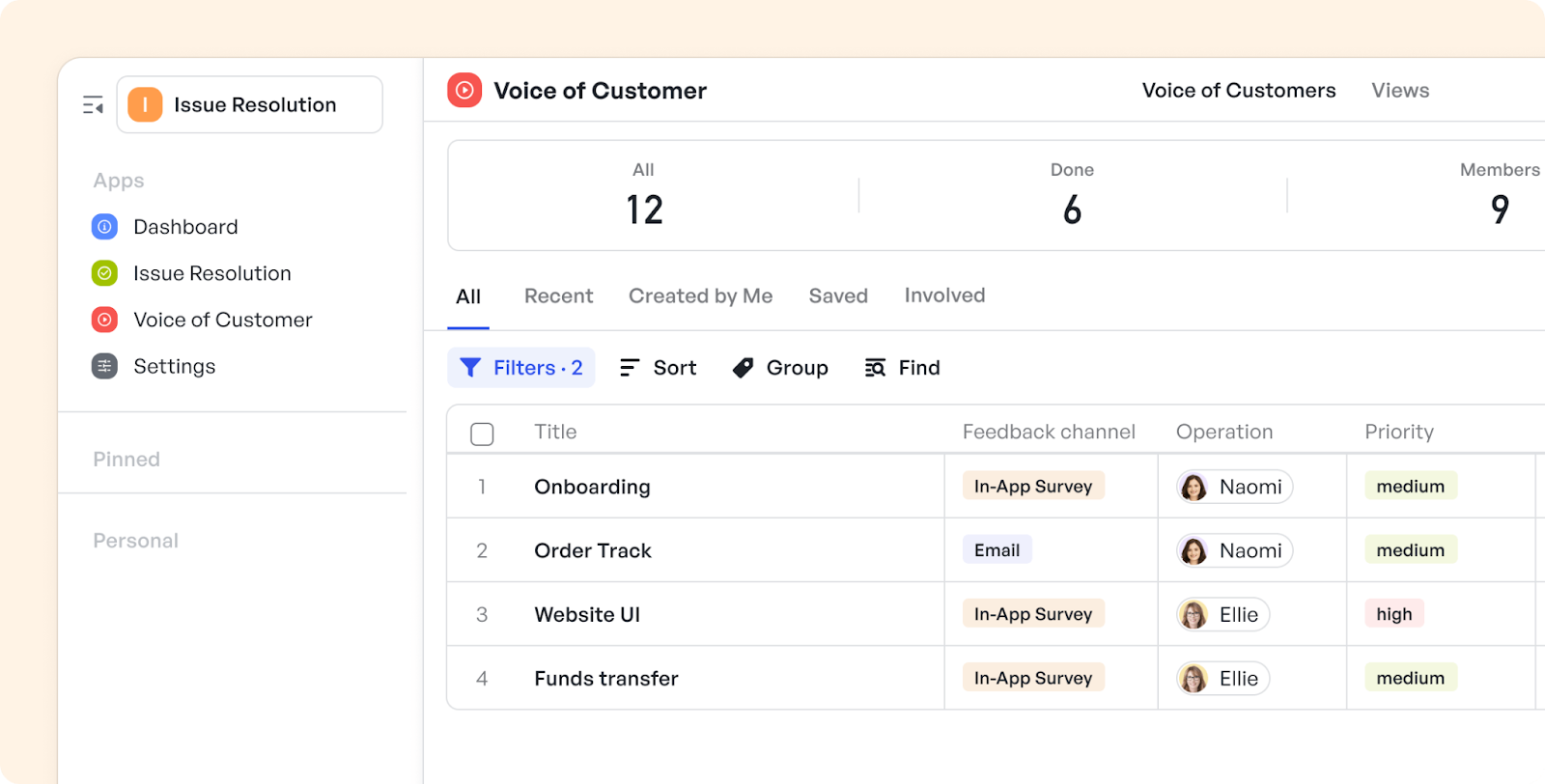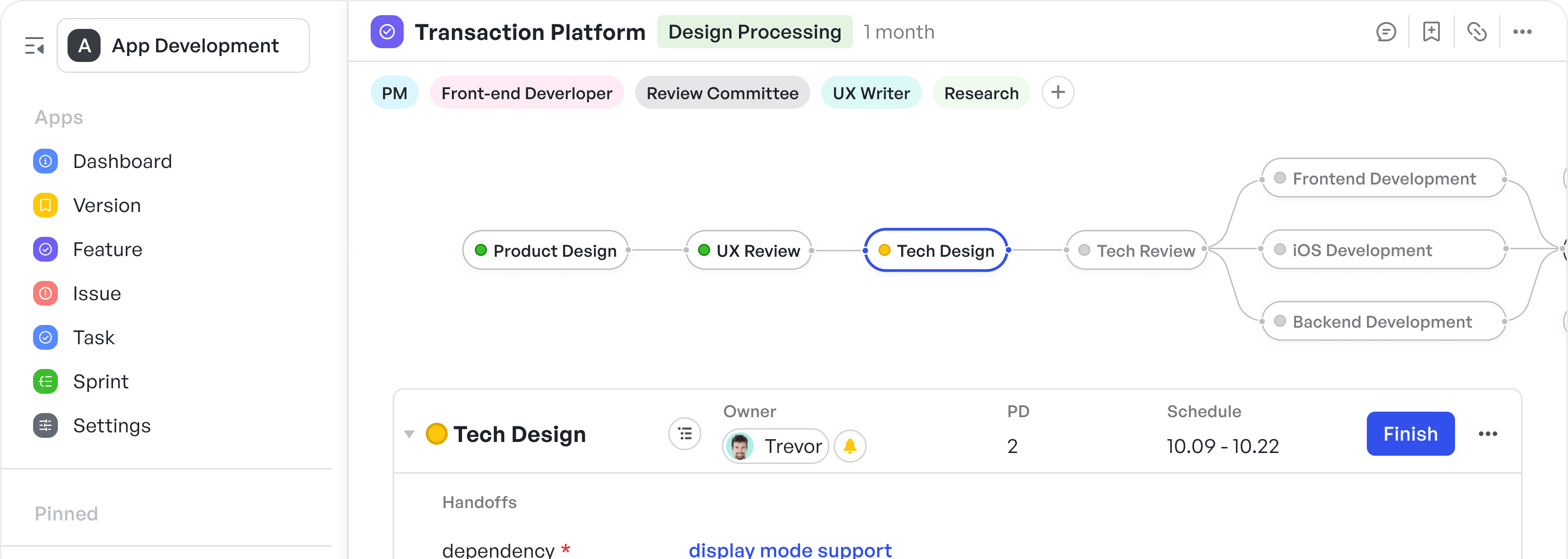Lean in Education: Streamlining Processes for Educational Institutions

Today's fast-paced educational institutions are continually looking for ways to optimize operations, reduce waste, and improve outcomes. While lean principles originated in manufacturing, their impact has grown far beyond. One particularly promising area of application is lean in education—applying lean thinking to learning and development within organizations.
For educational institutions, where operational complexity can be significant, leveraging lean education methods can improve how teams learn, share knowledge, and adopt new skills.
In this post, we’ll explore what lean in education means, why it matters to educational leaders and decision-makers, and how tools like Meegle’s templates can help embed lean principles into your organization’s learning culture.
What Is Lean in Education?
Lean in education adapts the core ideas of lean management—eliminating waste, focusing on value, continuous improvement—to educational processes and learning environments. It shifts the focus from traditional, often inefficient training approaches to ones that are agile, learner-centered, and data-driven.
Key aspects of lean education include:
- Eliminating Waste: Removing non-value-adding activities in training and development, such as redundant content or unnecessary meetings.
- Value-Focused Learning: Prioritizing learning outcomes that directly support business goals and employee performance.
- Continuous Improvement: Regularly assessing and refining educational methods based on feedback and data.
- Empowered Learners: Encouraging autonomy and self-directed learning to boost engagement and retention.
 Check out School Event Planning Template
Check out School Event Planning TemplateFor educational institutions, these principles can translate into streamlined onboarding, more effective upskilling, and faster adoption of new technologies or processes.
Why Growth Leaders Should Care About Lean in Education
Educational institutions operate in rapidly evolving markets, with constant demands to innovate and stay competitive. Decision-makers such as C-suite executives, operations directors, and project managers face several challenges:
- Complex Training Needs: Educational teams must learn new product features, compliance rules, and customer workflows continually.
- Time Constraints: Lengthy or unfocused training delays time-to-productivity.
- Resource Optimization: Training budgets and staff time are limited, so maximizing impact is critical.
- Scalability: As organizations grow, education systems must adapt without ballooning costs.
Applying lean principles to education addresses these pain points by designing learning experiences that are efficient, relevant, and scalable. It ensures that the time spent on education drives real business value — whether by reducing onboarding time, improving team collaboration, or accelerating innovation.
 Check out our free onboarding checklist template
Check out our free onboarding checklist templatePractical Steps to Implement Lean in Education
- Map Learning Processes to Identify Waste Start by documenting your current training programs and workflows. Look for steps that don’t add direct value—such as redundant sessions, outdated materials, or unnecessary administrative overhead.
- Define Clear Learning Objectives Aligned to Business Goals Every training module or workshop should have measurable outcomes tied to organizational priorities. This keeps education purposeful and focused.
- Leverage Data for Continuous Improvement Use learner feedback, completion rates, and performance metrics to refine content regularly. Agile iterations improve relevance and learner engagement over time.
- Promote Self-Directed Learning with Accessible Resources Provide templates, guides, and microlearning opportunities that empower employees to learn at their own pace.
- Use Collaborative Platforms to Share Knowledge Efficiently Encourage peer learning and open communication to spread insights quickly across teams.
How Meegle Supports Your Lean in Education Journey
Meegle offers a collection of customizable templates designed to help educational institutions and organizations implement lean education effectively. For example:
- Training Process Maps: Visualize and analyze your existing learning workflows to identify bottlenecks and waste.
- Learning Objective Planners: Align educational content with key business outcomes and track progress.
- Feedback and Improvement Logs: Gather structured learner feedback to prioritize content updates and improvements.
 Issue Resolution Template from Meegle
Issue Resolution Template from MeegleTry the Issue Resolution Template to streamline feedback collection and enhance learning.
Using Meegle’s templates ensures your lean education initiatives are organized, data-driven, and aligned with operational goals—without reinventing the wheel
Common Misconceptions About Lean in Education
- Lean Means Cutting Corners: Lean is about removing waste, not reducing quality. The goal is smarter, more impactful education.
- Lean Is Only for Manufacturing: Lean principles are adaptable across industries, including education, software development, and service delivery.
- Lean Education Is One-Size-Fits-All: Successful lean education tailors content and processes to the unique needs of each organization and learner group.
Measuring Success: What to Track
To evaluate the impact of lean education, academic institutions, administrators and educators should focus on:
- Onboarding Time Reduction: Faster ramp-up times for new hires
- Learner Satisfaction: Feedback scores and engagement levels
- Knowledge Retention: Assessment results and on-the-job performance improvements
- Training Cost Efficiency: Lower costs relative to outcomes achieved
- Business Impact: Correlation of learning initiatives to product adoption, customer satisfaction, or innovation metrics
Drive Operational Excellence with Lean in Education
Adopting lean principles in education equips educational institutions to meet today’s learning challenges head-on. By focusing on value, cutting waste, and continuously improving, companies empower their teams to grow efficiently and innovate faster.
With Meegle’s proven templates, you can simplify the design and management of lean education programs tailored to your organization’s needs—saving time, reducing costs, and maximizing learning impact.
Ready to streamline your education processes and boost your team’s performance?
Transform learning and growth with Meegle — start your journey to lean education today.
The world’s #1 visualized project management tool
Powered by the next gen visual workflow engineRead More
Check All BlogsStart creating impactful work today



